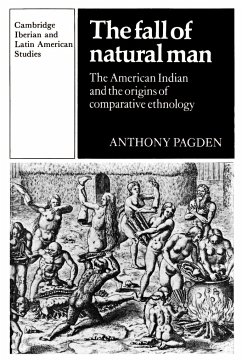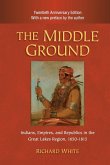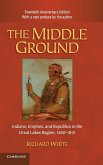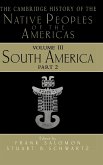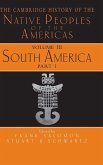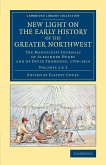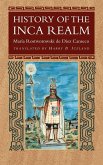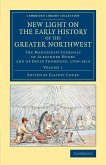This book gives a new interpretation of the reception of the new world by the old. It is the first in-depth study of the pre-Enlightenment methods by which Europeans attempted to describe and classify the American Indian and his society. Between 1512 and 1724 a simple determinist view of human society was replaced by a more sophisticated relativist approach. Anthony Pagden uses new methods of technical analysis, already developed in philosophy and anthropology, to examine four groups of writers who analysed Indian culture: the sixteenth-century theologian, Francisco de Vitoria, and his followers; the 'champion of the Indians' Bartolom de Las Casas; and the Jesuit historians Jos de Acosta and Joseph Fran ois Lafitau. Dr Pagden explains the sources for their theories and how these conditioned their observations. He also examines for the first time the key terms in each writer's vocabulary - words such as 'barbarian' and 'civil' - and the assumptions that lay beneath them.

